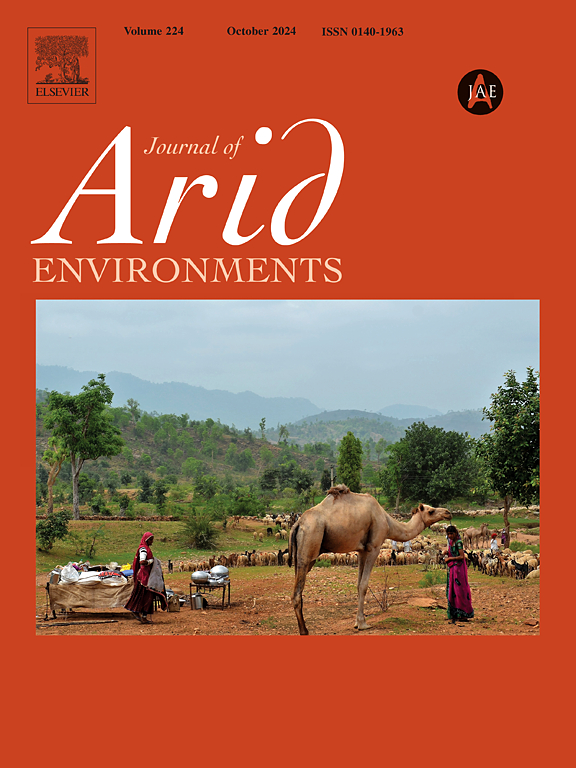Introducing the REPAIR framework for sustainable environmental restoration: Lessons from lake urmia, Iran
IF 2.5
3区 环境科学与生态学
Q2 ECOLOGY
引用次数: 0
Abstract
Achieving long-term sustainability in environmental restoration requires integrating behavioral science into policy design, yet cognitive biases that shape agricultural decisions remain overlooked. This study introduces the REPAIR framework, a novel interdisciplinary approach that addresses these biases to improve water management strategies. Using a qualitative case study of 148 farmers in Mahabad, Iran, we apply a grounded theory approach to identify key biases—such as confirmation bias, status quo bias, and the bandwagon effect—that reinforce unsustainable irrigation practices and limit farmers' responsiveness to ecological risks. The REPAIR framework (Revenue, Experience, Participation, Availability, Insight, and Relationship) provides structured interventions, incorporating incentive structures, experiential learning, and collective action mechanisms. By integrating insights from Ostrom's Design Principles and behavioral decision-making theories, REPAIR enhances policy effectiveness in common-pool resource governance. This study underscores the necessity of embedding behavioral science into environmental restoration, offering a scalable, evidence-based tool for policymakers and conservation practitioners. To conclude, addressing cognitive biases is not just complementary to ecological restoration—it is fundamental to ensuring lasting environmental and socio-economic resilience.
介绍可持续环境恢复的REPAIR框架:来自伊朗乌尔米亚湖的经验教训
实现环境恢复的长期可持续性需要将行为科学纳入政策设计,然而影响农业决策的认知偏见仍然被忽视。本研究引入了REPAIR框架,这是一种新的跨学科方法,可以解决这些偏见,以改善水管理策略。通过对伊朗马哈巴德148名农民的定性案例研究,我们采用了一种扎根理论的方法来确定关键的偏见,如确认偏见、现状偏见和随大流效应,这些偏见强化了不可持续的灌溉做法,限制了农民对生态风险的反应。REPAIR框架(收入、经验、参与、可用性、洞察力和关系)提供了结构化的干预,结合了激励结构、经验学习和集体行动机制。通过整合奥斯特罗姆设计原则和行为决策理论的见解,REPAIR提高了公共池资源治理的政策有效性。这项研究强调了将行为科学纳入环境恢复的必要性,为政策制定者和保护实践者提供了一个可扩展的、基于证据的工具。总之,解决认知偏见不仅是对生态恢复的补充,也是确保持久的环境和社会经济恢复能力的基础。
本文章由计算机程序翻译,如有差异,请以英文原文为准。
求助全文
约1分钟内获得全文
求助全文
来源期刊

Journal of Arid Environments
环境科学-环境科学
CiteScore
5.70
自引率
3.70%
发文量
144
审稿时长
55 days
期刊介绍:
The Journal of Arid Environments is an international journal publishing original scientific and technical research articles on physical, biological and cultural aspects of arid, semi-arid, and desert environments. As a forum of multi-disciplinary and interdisciplinary dialogue it addresses research on all aspects of arid environments and their past, present and future use.
 求助内容:
求助内容: 应助结果提醒方式:
应助结果提醒方式:


